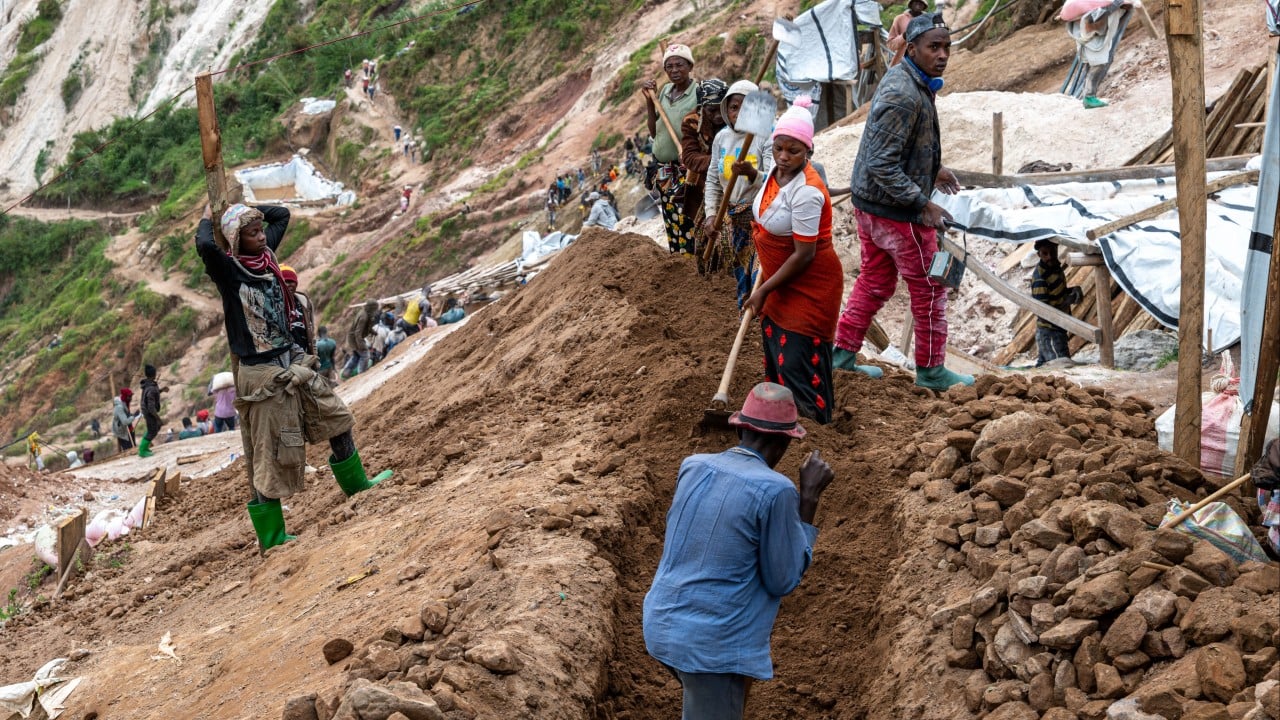For over two decades, Chinese companies have been known to demonstrate a notable risk tolerance, often venturing into overseas markets that Western counterparts avoided.
Advertisement
This is evident in the conflict-ridden yet mineral-rich Democratic Republic of Congo, where Chinese mining enterprises had in the past decade made vast investments as foreign-owned companies exited, positioning the country as the world’s largest producer of cobalt and second-largest producer of copper.
This pattern of investment in high-risk environments was also true for countries in the Sahel such as Niger, Mali and Guinea that had been hit by military coups and insurgencies, as well as others including civil war-ravaged Sudan and South Sudan, where Chinese firms had multibillion-dollar oil and mineral interests despite elevated risks.
But Chinese companies are increasingly admitting that they face escalating risks in their overseas ventures in Africa – particularly geopolitical risks, political unrest, abrupt policy changes and security threats – that could affect their very survival.
Chinese companies pay a high price for their investments, evident in attacks on mining sites across Congo, the Central African Republic and Mali, kidnappings of Chinese workers for ransom in Congo and Nigeria, and the January hijacking of a Chinese-owned fishing vessel off Somalia.
Advertisement
In what reflected the severity of these threats, President Xi Jinping called for “severe punishment” in 2023 for those behind an attack on a gold mine in the Central African Republic that left nine Chinese nationals dead and two wounded.

